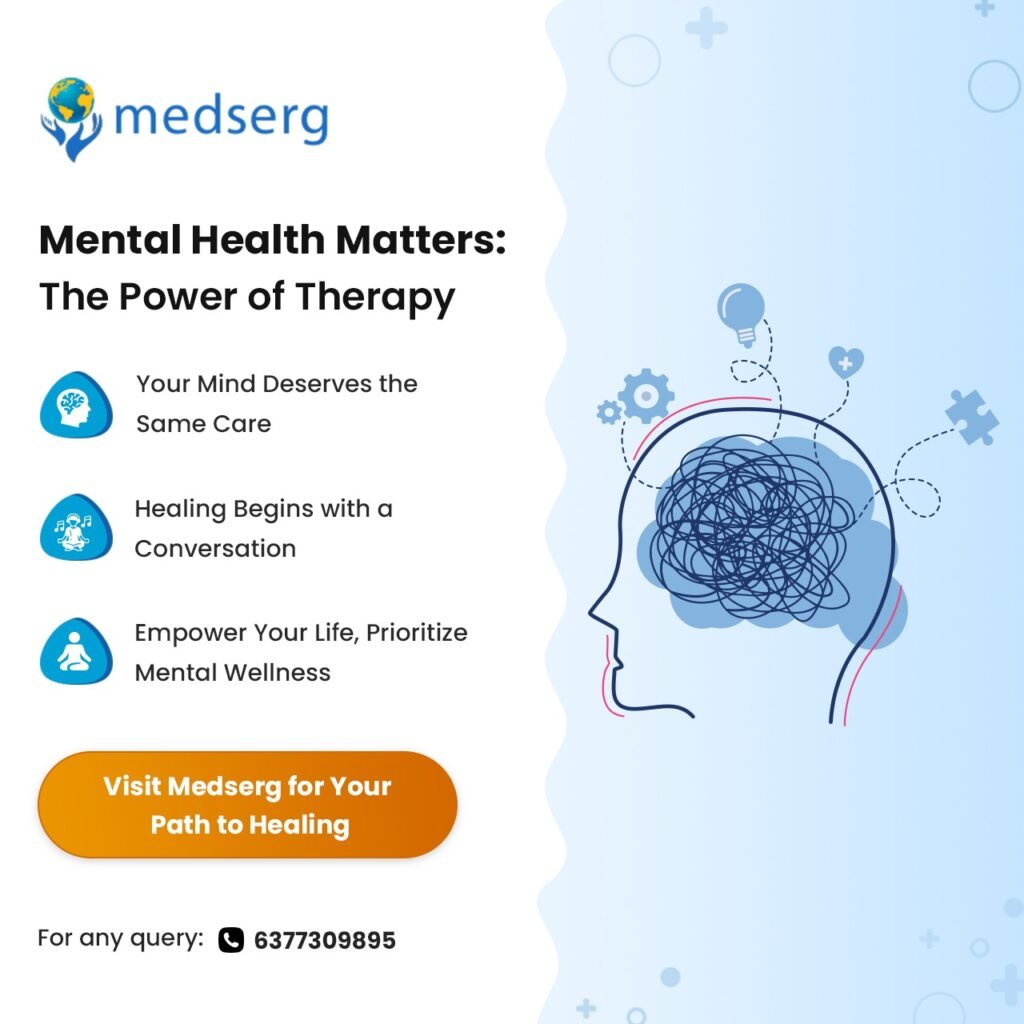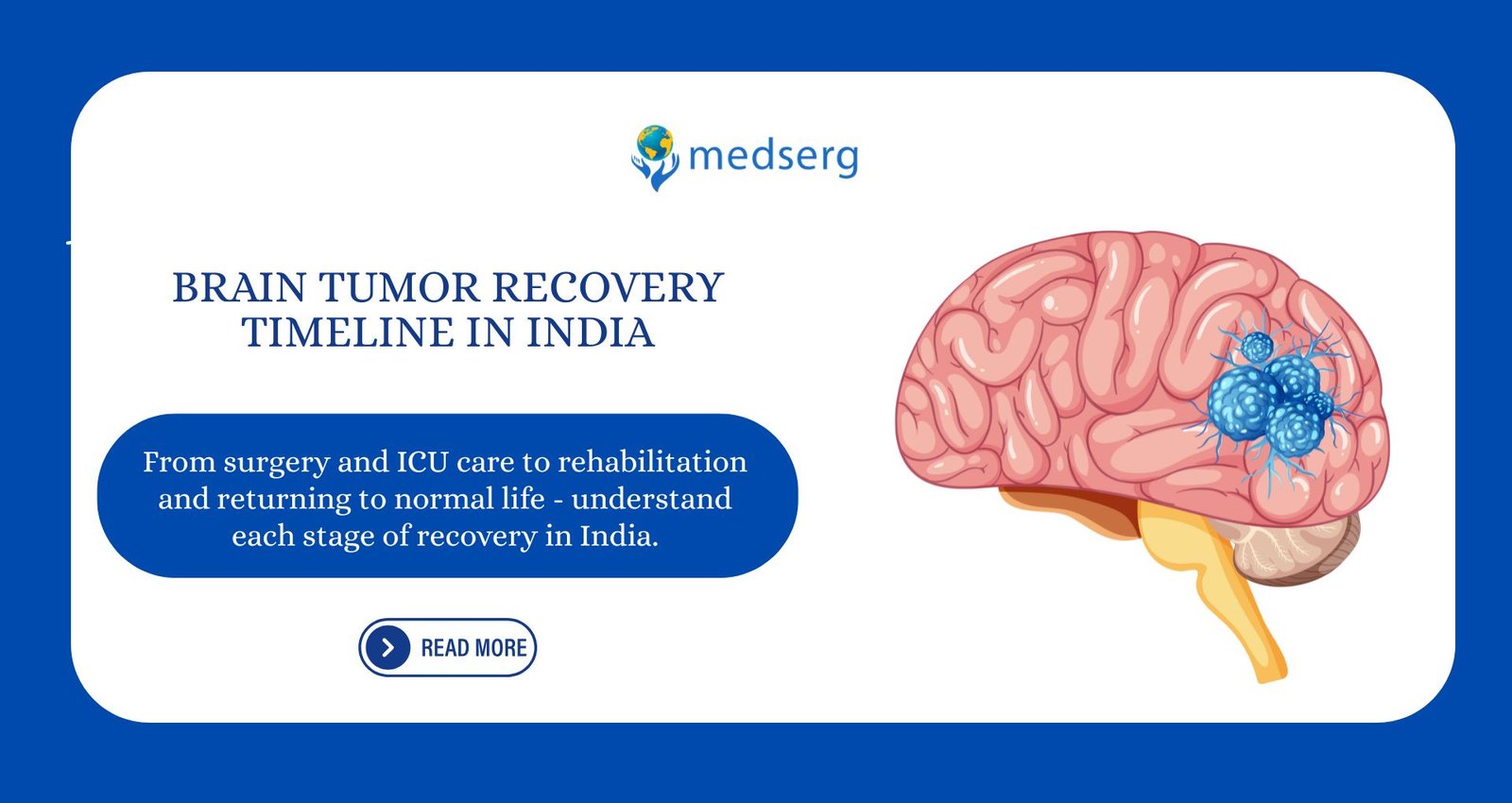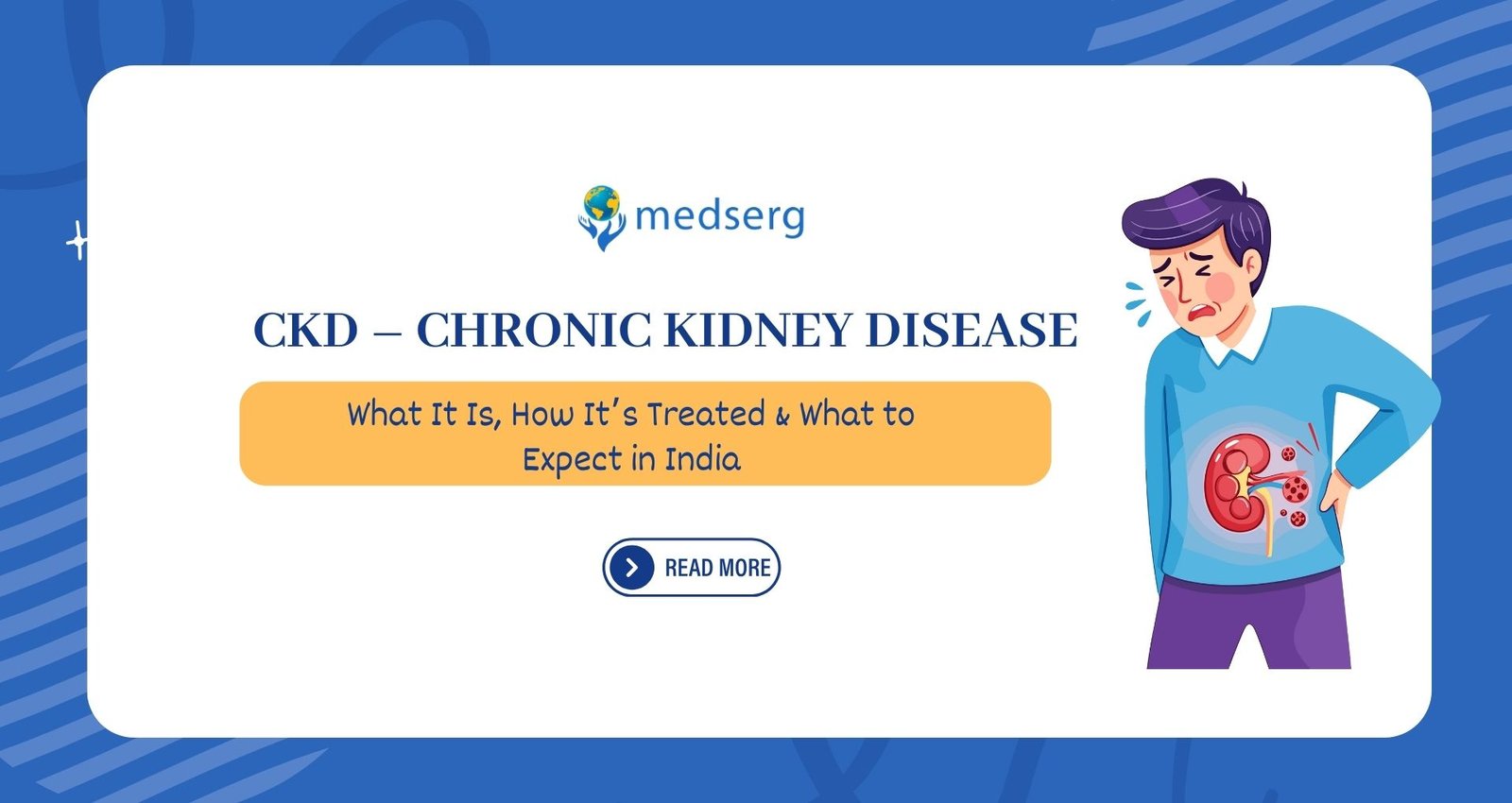In today’s fast-paced world, mental health is as important as physical health. Yet, it is often overlooked or stigmatized. Many people struggle with stress, anxiety, depression, and other mental health challenges but hesitate to seek help. This is where therapy plays a crucial role.
Therapy is not just for those facing extreme psychological conditions; it is for anyone who wants to improve their emotional well-being, manage stress, and build resilience. The power of therapy lies in its ability to provide a safe space for self-exploration, healing, and growth.
Understanding Mental Health and Its Importance
Mental health affects how we think, feel, and behave in our daily lives. It influences our relationships, work performance, and overall quality of life. When mental health is neglected, it can lead to severe consequences, including physical health problems, strained relationships, and decreased productivity.
Common mental health challenges include:
- Anxiety and Depression – Persistent feelings of worry, sadness, or hopelessness.
- Stress and Burnout – Overwhelming work or personal responsibilities that lead to exhaustion.
- Trauma and PTSD – Emotional wounds from past experiences that affect present well-being.
- Addiction and Substance Abuse – Dependence on harmful substances to cope with emotions.
Ignoring mental health issues can worsen them over time. Seeking professional support through therapy can be life-changing and empowering.
The Power of Therapy
Therapy provides a structured approach to understanding emotions, developing coping strategies, and improving mental well-being. Here’s how therapy can make a difference:
1. A Safe Space to Express Feelings
Many people find it hard to share their emotions with friends or family due to fear of judgment. Therapy offers a confidential and non-judgmental environment where individuals can openly express their thoughts and emotions.
2. Identifying and Changing Negative Thought Patterns
Cognitive Behavioral Therapy (CBT) is a popular approach that helps individuals recognize and change negative thought patterns. This leads to improved mood, better decision-making, and healthier relationships.
3. Managing Stress and Anxiety
Therapists provide techniques like mindfulness, meditation, and breathing exercises to help manage stress and anxiety. Learning these coping mechanisms can significantly enhance daily functioning.
4. Healing from Past Trauma
Therapy helps individuals process past traumas, understand their impact, and work towards emotional healing. It enables people to let go of painful memories and move forward with strength.
5. Improving Relationships
Whether it’s couples therapy, family therapy, or individual therapy, professional guidance can enhance communication skills, resolve conflicts, and strengthen personal connections.
Breaking the Stigma Around Therapy
Despite its benefits, therapy is often misunderstood or stigmatized. Many believe that seeking therapy is a sign of weakness, but in reality, it is a sign of strength and self-awareness. Prioritizing mental health should be as normal as visiting a doctor for physical ailments.
Promoting awareness and normalizing conversations about therapy can encourage more people to seek help when needed. Social media, workplaces, and educational institutions can play a role in spreading mental health awareness.
Seeking Professional Help
If you or someone you know is struggling with mental health issues, seeking professional help is essential. In some cases, mental health challenges may be linked to neurological conditions requiring expert care.
For those looking for the best neurosurgeons in India, consult Medserg, a trusted platform that connects patients with top specialists. Mental health and neurological health are closely connected, and seeking expert advice can lead to a better quality of life.
Final Thoughts
Mental health matters, and therapy is a powerful tool for healing, growth, and self-discovery. Taking the first step towards therapy can be intimidating, but it is a decision that can transform lives.
Remember, prioritizing mental well-being is not a luxury—it is a necessity. If you are struggling, don’t hesitate to seek help. A healthier mind leads to a happier life.























